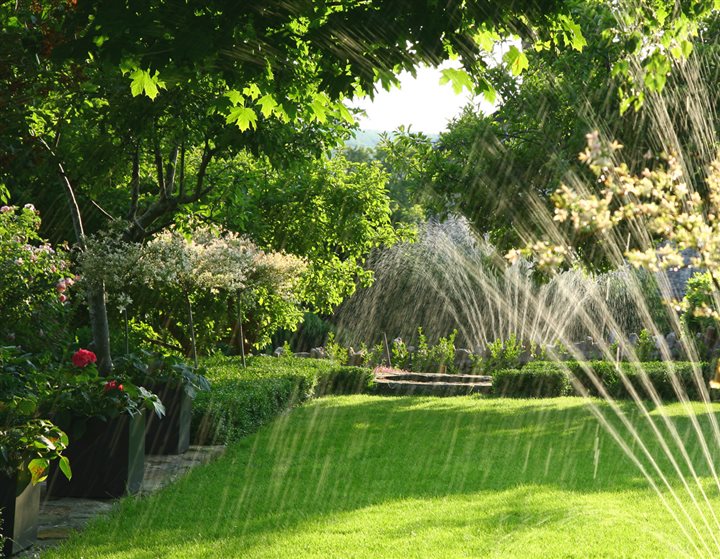
Advertisement
(Homesteading.news) (BPT) – Water conservation isn’t just for Californians and others who live in dry climates. Although the Golden State’s water woes grabbed headlines last summer, it’s not the only state potentially facing water shortages. Nor is it the only one where conservation-minded homeowners are turning to greywater recycling to reduce water bills and preserve the environment.
Greywater — also called gray water — is all the water that goes down the drain from bathroom sinks, showers, tubs and washing machines. While you wouldn’t want to drink it because it contains traces of dirt, hair and household cleaning products, greywater is safe to use for outdoor irrigation. By rerouting greywater outdoors, you can keep your lawn green and your vegetables growing without increasing your water bill.
“We’re seeing increasing demand for products that facilitate greywater recycling,” says Chris Peterson with Saniflo. The company specializes in above-floor plumbing, including greywater pumping systems and macerating toilet systems for residential and light-commercial applications. “Homeowners are realizing that recycling greywater is an effective way to lower their water bills, meet outdoor water needs and do something good for the environment.”
What’s more, municipalities and counties in California are blazing trails by rewarding homeowners and businesses that recycle greywater. Many are offering rebates for property owners who use greywater systems to irrigate their landscapes.
While California’s drought conditions have been prolonged and extreme, the state is not alone in being concerned about water consumption. A 2014 study by the U.S. Government Accountability Office found 40 out of 50 state water managers expect shortages in at least part of their states within the next 10 years. States have begun taking a number of steps to improve how they manage water, the GAO said, including enacting conservation measures and creating drought preparedness plans.

“Homeowners who begin recycling greywater now could be well ahead of the curve if and when their states begin requiring water conservation measures,” Peterson says. “Meanwhile, they’ll decrease their water and sewer costs by irrigating with recycled water, rather than fresh.”
Greywater recycling systems can be installed in homes under construction or existing homes undergoing renovation. In fact, says Peterson, many Saniflo customers who add greywater systems to their homes do so as part of a kitchen or bathroom renovation. “The compact size of our Saniswift pump makes it easy to tuck away inside a cabinet for a kitchen or bathroom sink, a clothes or dishwasher, shower, laundry or bar sink. Like all Saniflo products, you don’t have to open the floor or break concrete to plumb the Saniswift, so it can go virtually anywhere.”
If you’re interested in greywater recycling for your home, Peterson offers some basic information:
* Although some areas may allow you to recycle water from kitchen sinks, greywater is typically considered the water that comes from showers, bathroom sinks, dishwashers and clothes washers. Water from toilets is not greywater.
* Experts estimate about 40 to 50 percent of the waste water generated by the typical American home qualifies as greywater and could be recycled.
* Not all greywater is the same. The water from bathtubs, showers and bathroom sinks is relatively cleaner than the water from kitchen sinks, clothes washers and dishwashers, which may contain food scraps and cleaning products. It’s important to choose a greywater filter and pump system that’s made to handle the type of greywater produced by the utility you’re connecting it to.
* In addition to lowering your water and sewer bill when you install a greywater recycling system, you may be eligible for a rebate. Check with your local water utility to see if it offers a rebate in your area.
For more information about water recycling, including greywater recycling, visit the EPA’s water recycling web page. To learn more about greywater pumping systems for the home, including kitchens, laundry rooms and bathrooms, visit www.saniflo.com.
Submit a correction >>
This article may contain statements that reflect the opinion of the author
Advertisement
Advertisements















